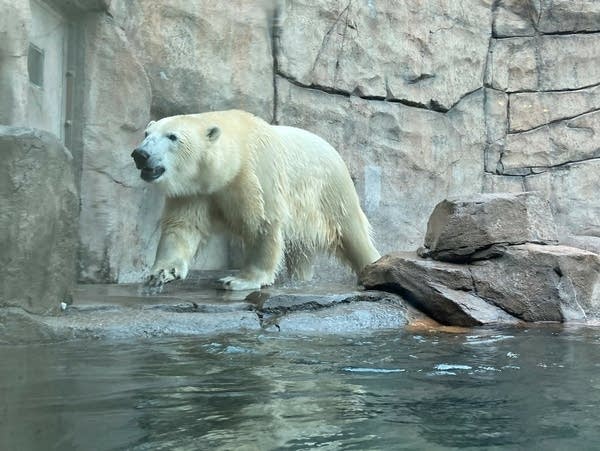Young polar bear, born in captivity, joins two other bears at Como Zoo

The Como Zoo and Conservatory has brought in a new polar bear, Kulu, from the Columbus Zoo. He is here temporarily to enable his mother to breed and have another cub in Ohio.
Courtesy of Como Zoo
Go Deeper.
Create an account or log in to save stories.
Like this?
Thanks for liking this story! We have added it to a list of your favorite stories.


